Imagine lounging at home in the sweltering heat of a Dallas summer, relying on your trusty AC to keep things cool. Suddenly, you notice it’s not cooling as it should. A closer inspection reveals frost on the unit, and yes, your AC is literally freezing up. This scenario might seem odd; after all, an air conditioner is meant to cool, not freeze! Understanding why your AC gets frosty and knowing how to address the issue can keep your home comfortable and prevent larger problems.
There are several reasons your AC might freeze, and it’s essential to address them early to maintain your comfort. Often, the culprits include blocked airflow, low refrigerant levels, thermostat glitches, or mechanical failures. Understanding the most common causes and how they lead to freezing helps in taking the right actions and prevents more significant issues down the road.
Common Causes of AC Freezing
1. Blocked Airflow
When airflow is restricted, your AC can freeze. This blockage often stems from dirty filters, closed-up vents, or even items placed too close to the air output areas. Think of it like trying to breathe through a straw. Your system struggles to “breathe,” leading to trapped cold air and ice buildup. To tackle this:
– Check air filters regularly and change them when they become clogged with dust. A good rule of thumb is to inspect them every month, especially if you have pets or live in a dusty environment.
– Ensure vents are open and unblocked by furniture or blinds. This allows air to flow freely throughout your space.
2. Low Refrigerant Levels
Refrigerant plays a crucial role in cooling your home. It absorbs heat from the air inside, allowing the system to blow out cool air. If your refrigerant levels drop, the pressure within the AC unit also drops, causing the coils to freeze up due to the lower temperatures. In such cases, professional assistance is required to recharge or fix any leaks in the system.
3. Thermostat Issues
Sometimes the problem lies not with the AC itself but with how you’ve set the thermostat. If the settings are off, or if the device malfunctions, it can cause the system to run unnecessarily, causing it to freeze. Double-check your thermostat’s settings and ensure it’s compatible with your AC model. If it seems defective, it’s best to get a professional to repair or replace it.
4. Mechanical Failures
Internal mechanical issues, such as malfunctioning fans or problematic blowers, can also lead to freezing. When these components fail to operate correctly, they disrupt the airflow or cooling cycle, causing the formation of ice. Diagnosing these issues often requires a technician to assess the internal components and perform necessary repairs or replacements.
Taking prompt action to diagnose and fix these issues ensures your AC remains effective and efficient, freeing you from the discomfort of unexpected freezes.
Immediate Steps to Take When Your AC Freezes
If you find your AC has turned into a mini-icebox, there are some steps you can take immediately to prevent further damage and restore your comfort.
1. Turn Off the AC
First, shut down the AC to halt any further ice formation. It’s a bit like unplugging a leaky faucet to stop a flooded bathroom—while it won’t fix the root problem, it prevents it from getting worse. Let the unit thaw completely before taking any additional steps.
2. Check and Replace the Air Filter
A clogged air filter can be a silent troublemaker. Inspect it and see if it’s covered in dust and grime. If it is, replace it with a new one. This small action can make a significant difference in airflow efficiency and prevent future freezes.
3. Inspect the Thermostat Settings
Sometimes, simple settings can cause big headaches. Verify that the thermostat is set to a reasonable temperature and is functioning properly. An incorrectly set thermostat can stress the system, leading to those unwanted icy conditions.
4. Clear Any Obstructions
Ensure that air vents and returns are free from obstructions. Items like furniture should be repositioned to allow for unobstructed airflow. This easy task can enhance circulation and prevent frost from forming in the future.
Preventative Measures for AC Maintenance in Dallas
Keeping your AC in Dallas running smoothly goes beyond fixing what’s broken. Regular maintenance is the best way to avoid unexpected breakdowns.
Regular Maintenance Schedule
Scheduling regular check-ups for your AC ensures it stays in top form. Professionals can spot wear and tear early on, saving you from costly repairs later.
Keeping the Unit Clean
Dust and debris are the enemies of any AC system. Regularly cleaning around the unit and ensuring clear pathways help maintain airflow and efficiency.
Checking Refrigerant Levels
Low refrigerant levels can lead to inefficient cooling and freezing problems. Having a professional regularly check and refill refrigerant ensures your system runs optimally and stays freeze-free.
Seasonal Inspections
It’s wise to inspect your AC both before and after the summer. A pre-summer check ensures the system is ready for the hot season, and a post-summer inspection helps prepare it for a restful winter.
Professional Help and When to Call
Sometimes, handling AC issues needs more than a quick fix. Recognizing when to get professional help can keep minor issues from becoming major headaches.
Importance of Professional Diagnosis
When your AC freezes due to unknown reasons, a professional diagnosis is often the best course of action. Professionals can identify issues that might not be apparent, providing solutions that prevent future problems.
By understanding the causes and taking immediate and preventative actions, you can maintain a comfortable, frost-free home environment. Consistently caring for your AC guarantees it remains your dependable ally throughout the hottest months. With proper maintenance and attention, you’ll have fewer surprises and more relaxed days during Dallas’s hot summers.
Ensure your AC runs flawlessly throughout the year with regular check-ups. For a comprehensive solution, explore the benefits of professional AC maintenance in Dallas with Spire Heating and Air Conditioning. This proactive step ensures lasting comfort and helps prevent unexpected breakdowns when you need cool air the most.


